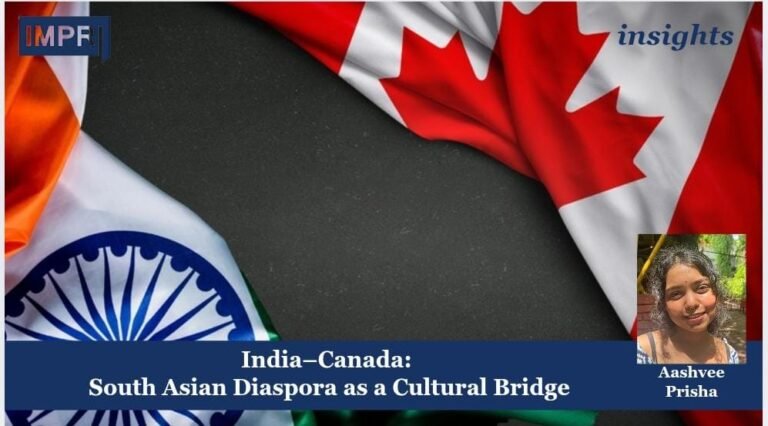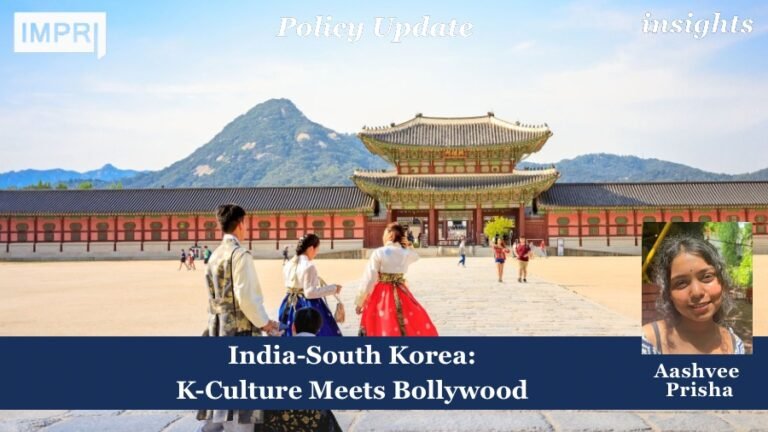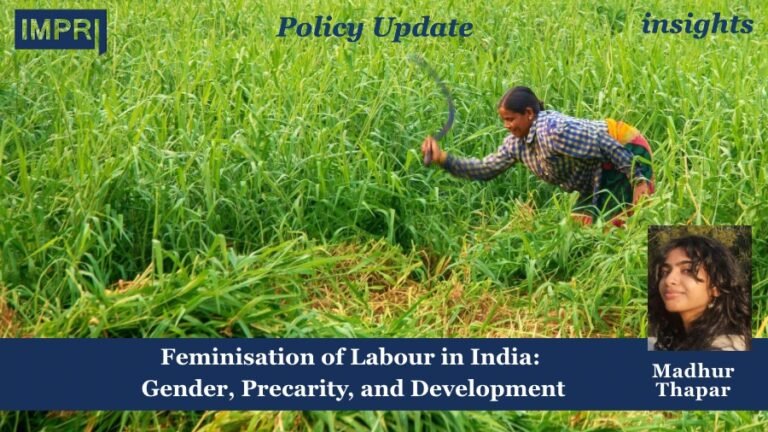Rupal Gurjar
The dream of a clean energy world is compelling. Sun-drenched solar farms and silent electric vehicles symbolize a sustainable future. This global energy transition away from fossil fuels is well underway. But as we race towards this greener tomorrow, are we considering the new geopolitical fault lines and hidden complexities emerging today?
My research reveals a landscape far more intricate than a simple energy switch. While the environmental imperative is clear, the journey to renewables is forging new international hierarchies and creating fresh arenas for strategic competition. The concept of “energy security,” once defined by oil and gas, is being reimagined, compelling nations to reassess their vulnerabilities in a new global order.
Central to this new era are “critical minerals” like lithium and cobalt, essential for green technologies. Unlike geographically widespread fossil fuels, the sources and processing facilities for these minerals are found in few nations. This concentration is not a logistical detail; it’s a pillar of future geopolitical influence.
One of the most striking findings is the vulnerability of these new supply chains. The journey from raw earth to renewable power is significantly more complex than the old pathways of oil and gas. For instance, the Democratic Republic of Congo (DRC) accounts for the vast majority of global cobalt production. China holds a commanding share in producing and processing graphite and rare earth elements, while Australia and Chile dominate lithium extraction. This concentration means disruptions in just one key nation can send shockwaves across global supply chains.
Beyond extraction, the midstream processing stages show starker consolidation. Here, China’s strategic foresight has given it a dominant, sometimes near-monopolistic, position. For many key minerals, China’s processing capacity often exceeds 50% of the global total. This carries significant geopolitical weight, providing leverage over global pricing and supply. The temporary restriction of rare earth exports by China to Japan in 2010 was a reminder of how access can be used for strategic ends.
The narrative of the energy transition also looks very different from the perspective of the Global South. My research focused on two illustrative cases: the DRC for cobalt and Chile for lithium.
In the DRC, vast cobalt wealth has largely failed to translate into national prosperity. A significant portion of extraction, particularly in artisanal mines, is plagued by perilous working conditions. Despite its riches, the DRC often exports raw materials, capturing minimal economic value locally.
Chile, with its extensive lithium reserves in the Atacama Desert, faces different challenges. Its extraction process is intensely water-consuming in one of the world’s driest regions, raising serious environmental concerns for local ecosystems and Indigenous communities.
These cases highlight the risk of a new “resource curse,” where mineral wealth does not lead to equitable development but instead perpetuates dependencies and local social or environmental damage.
We are currently navigating a volatile “in-between” phase. Traditional energy producers face diminishing long-term demand. Conversely, mineral-rich nations are gaining strategic importance but often lack the industrial capacity to control their own destiny in the global value chain. Meanwhile, major powers like the U.S., EU, and China are in an escalating competition for technological leadership and control over these new supply chains.
What does this all mean for our pursuit of a sustainable future? It means we need to be smarter, more ethical, and more collaborative. The key findings from this research underscore that:
- Critical mineral supply chains are highly concentrated and vulnerable, with China’s dominance over processing creating new geopolitical chokepoints that differ from the fossil fuel era.
- The Global South faces disparate impacts, as resource-rich nations often bear the high environmental and social costs of extraction without achieving equitable development, risking a new “resource curse.”
- Strategic competition among major powers like the U.S., EU, and China is intensifying through aggressive industrial policies and new alliances to secure resources and technological leadership.
- Significant ethical considerations and governance deficits persist, as the extraction process often entails serious environmental and social harm that current global institutions are ill-equipped to manage.
Addressing these challenges requires a multi-pronged approach. We must promote diversification of mineral supply and enforce robust Environmental, Social, and Governance (ESG) standards. Global energy governance needs reform to give a stronger voice to Global South nations, ensuring they are partners, not just sources. Supporting them to develop local processing is essential. Furthermore, a radical acceleration in developing circular economy models – efficient recycling and reuse of critical minerals – can reduce primary extraction demand.
The journey to a green energy future is filled with paradoxes. It is not enough for our energy to be “clean” if its production perpetuates inequality. A truly sustainable transition must also be a just one, conscious of its global impact and determined to ensure that the benefits of this new energy era are shared by all.
About the contributor: Rupal Gurjar is a fellow at DFPGYF Diplomacy, Foreign Policy & Geopolitics Youth Fellow at IMPRI and is a political science graduate with a Bachelor’s degree from Dyal Singh College, Delhi University, and is currently pursuing a Master’s in Political Science from IGNOU.
Disclaimer: All views expressed in the article belong solely to the author and not necessarily to the organisation.
Read more at IMPRI:
11 years of Modi government: A Look at Growth, Investment, and Social Cohesion
South Korea’s New President Juggles Trump Tensions and Homefront Troubles
Acknowledgment: This article was posted by Bhaktiba Jadeja, visiting researcher and assistant editor at IMPRI.



